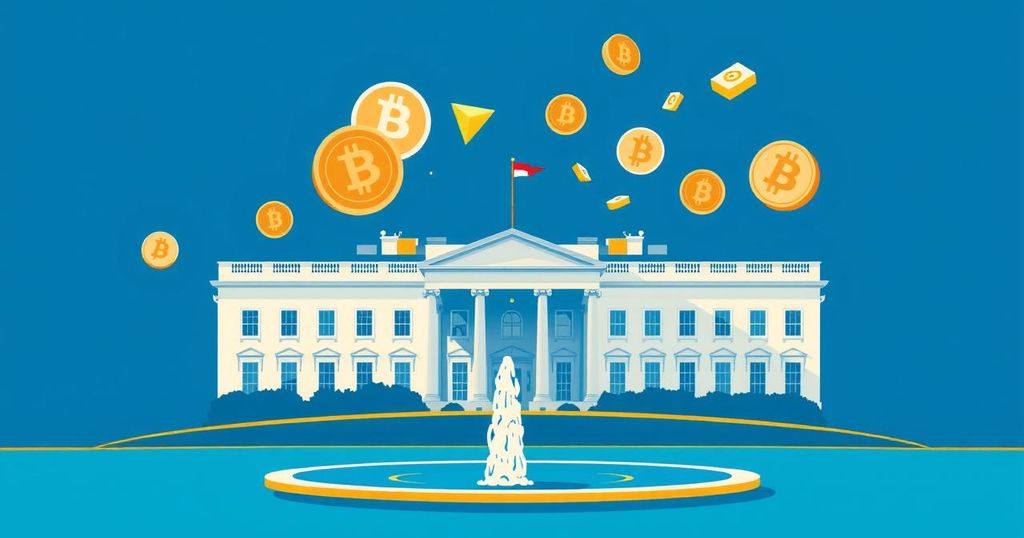US Cryptocurrency Regulation: Congressional Hearings and SEC Investigations Shape Future
Key developments in US cryptocurrency regulation include Michelle Bowman’s advancement towards her Fed nomination, suggesting lighter banking oversight impacting crypto. Trish Turner has been appointed the new head of the IRS’s crypto division, promising enforcement improvements. Meanwhile, Hiro Systems ended an SEC investigation without penalties, raising questions about past compliance efforts and future expectations with new SEC leadership.
The landscape of cryptocurrency regulation in the United States is undergoing notable changes, highlighted by significant congressional activities. A key development is the Senate Banking Committee advancing Michelle Bowman’s nomination to lead as the Federal Reserve’s top bank supervisor. This movement brings her closer to a full Senate confirmation vote, allowing for potential shifts in banking regulation that could affect the crypto sector.
On May 6, the Senate Banking Committee pushed Michelle Bowman’s nomination to the full Senate, presenting her as a candidate to fill the position previously held by Michael Barr, who resigned in February 2025. There’s anticipation that Bowman’s approach may bring a lighter touch to banking regulation, with implications for cryptocurrency oversight. Her past calls for tailored regulations show her inclination towards a more nuanced understanding of the financial landscape, especially concerning crypto-related businesses.
Bowman is known for advocating less stringent oversight in certain areas, specifically voicing concerns over proposals that require banks to maintain higher capital reserves for security against losses. Just a month prior, she highlighted her intention to revamp the Federal Reserve’s monitoring of large banks, focusing on fostering innovation alongside pragmatic regulations for the financial system.
In a related development within regulatory roles, Trish Turner has been nominated to head the crypto division of the Internal Revenue Service (IRS). Previously, Sulolith Mukherjee and Seth Wilkes occupied this space for over a year. Turner’s background as a senior counselor in the division has provided her with a wealth of experience, with two decades spent navigating tax practices.
Her appointment aligns with a broader trend of governmental shifts supporting cryptocurrencies. Under Donald Trump’s recent presidency, favourable actions for the crypto industry have emerged, including a notable executive order issued shortly after taking office. The IRS has also introduced a new requirement for brokers on centralized exchanges to report tax on digital assets—aiming to enhance compliance and accurate transaction tracking.
In July 2024, the SEC wrapped up a three-year investigation into Hiro Systems, formerly known as Blockstack, without pressing enforcement actions. This inquiry stemmed from concerns over the company’s token sales, which amassed $70 million between 2017 and 2019. Critically, Hiro spent more than $15 million ensuring compliance with the SEC’s reporting regulations before the investigation concluded.
Eleanor Terrett, a journalist and host at Crypto America, noted the juxtaposition between Hiro’s financial commitments to regulatory compliance against the backdrop of stringent regulation from the previous administration. As the industry looks ahead, there are hopes for improved decision-making within the SEC, especially following Paul Atkins’ confirmation as the new chair, which might signal a new era of more adaptable governance regarding cryptocurrencies.




Post Comment